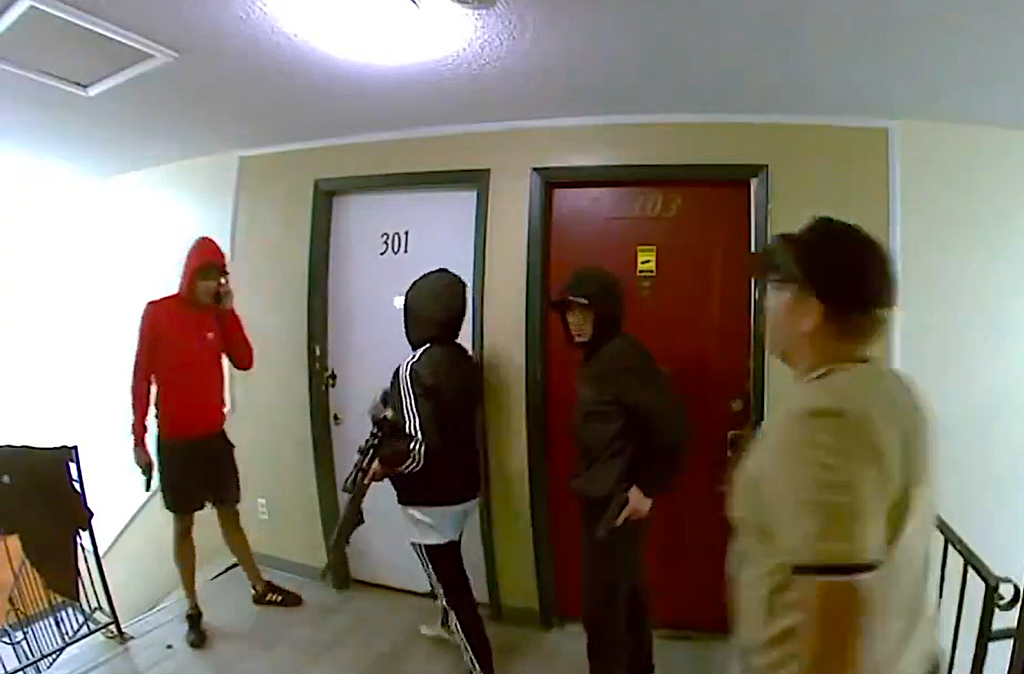U.S. Intelligence Refutes Claims of Venezuelan-Directed Gang Invasion: The Tren de Aragua Controversy and Its Geopolitical Fallout

Executive Summary
A new U.S. intelligence assessment has upended the narrative that the Venezuelan government is orchestrating the activities of the Tren de Aragua gang in the United States. This finding directly contradicts claims previously used to justify mass deportations and the invocation of the Alien Enemies Act against Venezuelan migrants. The assessment, which draws on the collective analysis of the U.S. intelligence community, concludes that while there are limited contacts between low-level Venezuelan officials and the gang, there is no evidence of a coordinated or directive relationship between the regime of Nicolás Maduro and Tren de Aragua. The only major dissent comes from the FBI, which maintains a more alarmist view. This controversy has ignited fierce debate within U.S. policy circles, complicated U.S.-Venezuela relations, and become a flashpoint in the domestic discourse on migration, security, and the rule of law.




